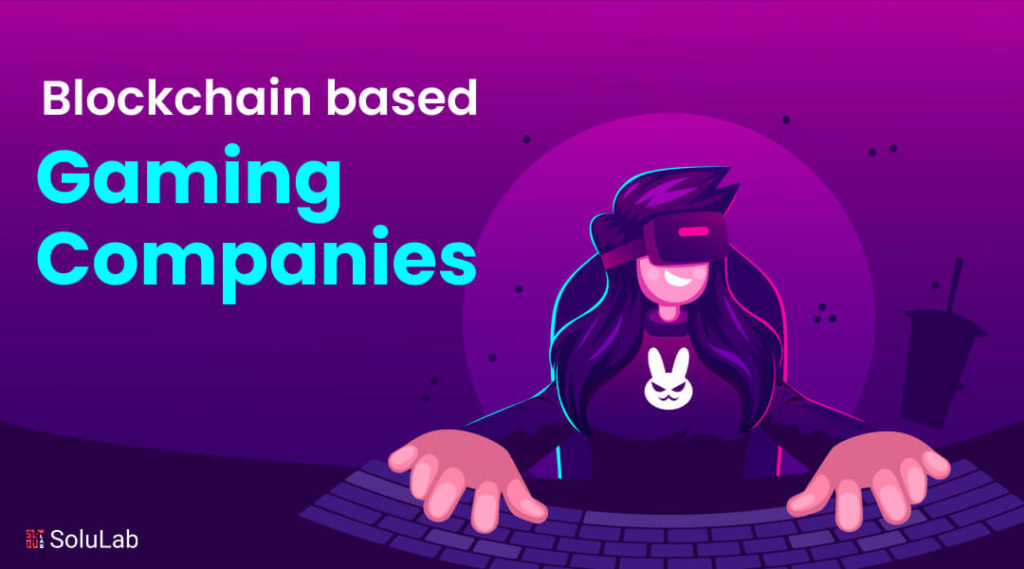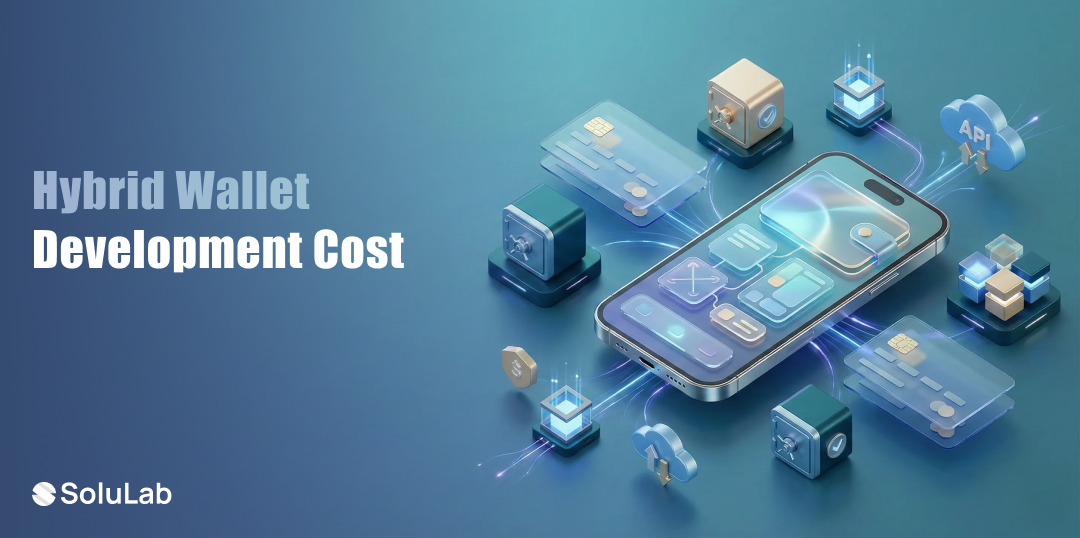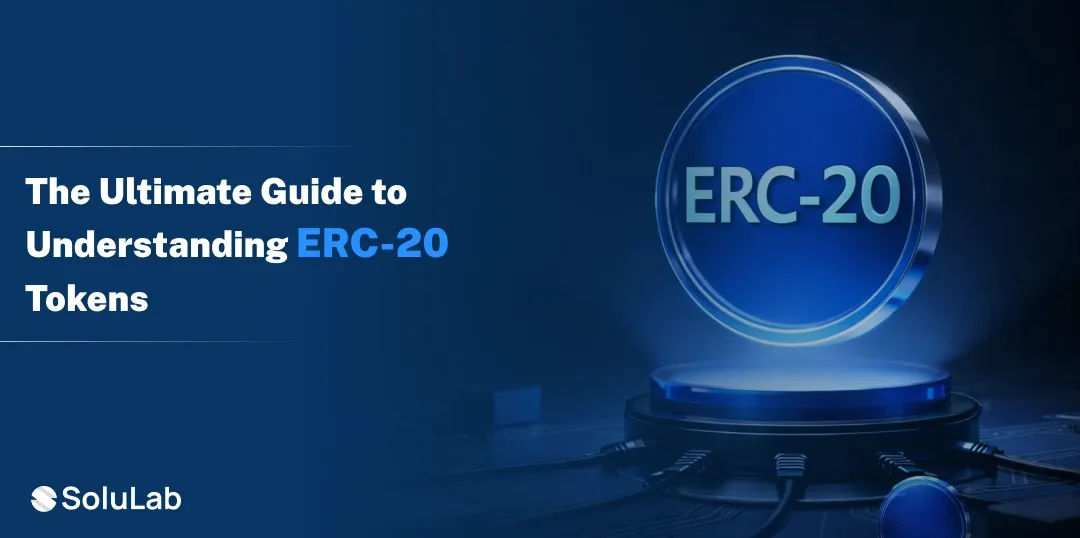Top blockchain games have been on the rise over the past few years. The popularity of these games has been soaring in recent times and has entered the mainstream gaming industry. Top blockchain games play a significant role in ensuring that all the interactions and transactions between different parties are completely verified and legitimate. This, in turn, plays a vital role in preventing fraud, which happens to be one of the major challenges in today’s games and gaming platforms. This is exactly why game blockchain development and services have been in high demand.
This blog delves into the top 25 blockchain gaming companies at the forefront of this revolution, paving the way for decentralized ecosystems, play-to-earn dynamics, and true digital asset ownership. From virtual worlds and collectibles to online casinos and decentralized applications, these companies offer players a glimpse into the future where the boundaries between the virtual and real worlds blur in exciting and unprecedented ways.
So, let’s get started!
Evaluation Criteria for Selecting Top Blockchain Gaming Companies
As gaming continues to evolve, blockchain technology has emerged as a game-changer, revolutionizing the gaming industry. With the growing number of blockchain gaming companies, it’s crucial to understand the key evaluation criteria for choosing the best among them. This blog explores the factors to consider when selecting a company that develops top blockchain games in 2026.
- Technology and Blockchain Integration: Evaluate how well the company integrates game blockchain technology into its gaming ecosystem. Look for robust blockchain infrastructure, smart contract development capabilities, decentralized asset ownership, and transparent and secure transaction mechanisms.
- Gaming Experience and Quality: Consider the overall gaming experience offered by the company. Assess the quality of graphics, gameplay, user interface, and responsiveness. Look for immersive and engaging gaming experiences that leverage game blockchain technology effectively.
- Game Diversity and Innovation: Examine the company’s portfolio of games. Look for various genres: action, strategy, role-playing, and more. Consider the level of innovation in terms of unique gameplay mechanics, creative storytelling, and novel features enabled by game blockchain.
- Community and Player Engagement: Evaluate the company’s community and player engagement initiatives. Look for active player communities, social features, and opportunities for player interaction. Consider the company’s approach to fostering a vibrant and supportive gaming community.
- Blockchain Transparency and Security: Assess the transparency and security features provided by the company’s blockchain infrastructure. Look for open and auditable smart contracts, secure asset storage, and robust anti-cheat mechanisms. Consider the company’s commitment to ensuring fair play and protecting user data.
- Partnerships and Ecosystem: Examine the company’s partnerships and collaborations within the blockchain and gaming industries. Consider alliances with prominent game developers, blockchain platforms, and gaming influencers. Evaluate how these partnerships contribute to the overall ecosystem and growth potential.
- Scalability and Performance: Evaluate the company’s ability to handle a large user base and maintain smooth performance. Look for scalability solutions that enable high transaction throughput and low latency. Consider the company’s approach to managing increased demand and growth.
- Monetization and Token Economy: Assess the company’s monetization model and token economy. Look for fair and sustainable monetization mechanisms that value players and the company. Consider the utility and potential value appreciation of in-game tokens.
As gaming continues to evolve, blockchain technology has emerged as a game-changer, revolutionizing the gaming industry. With the growing number of blockchain-based gaming companies, it’s crucial to understand the key evaluation criteria for choosing the best among them. This blog explores the factors to consider when selecting a top blockchain-based gaming company in 2026.
Here is a List of the Top 25 Blockchain-Based Gaming Companies 2026
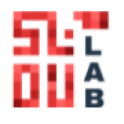
1. SoluLab
SoluLab is a leading blockchain game development company that has made a name for itself with innovative solutions and exceptional game development expertise. Their diverse portfolio of games spans various genres and showcases their commitment to delivering high-quality graphics, engaging gameplay, and a thriving community. SoluLab’s dedication to transparency, security, and scalability positions them as a top contender in the evolving blockchain-based gaming landscape.

2. Playkey
Playkey is a cloud gaming service that allows gamers worldwide to play the latest and hottest video games —even the most modern and system-intensive— on low-spec PCs and laptops and MacOS-based machines. All that is needed is a decent internet connection. Games are available “as is” with all their specific features, including Multiplayer, social features, and achievements.
$50-$70
51-100
2012
Perm, Russian Federation
Forbes, Fox
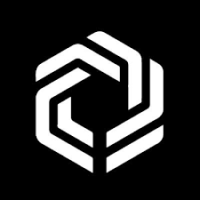
3. Immutable
Immutable is advancing the world of NFTs through Immutable X, an industry-leading NFT minting and trading platform, and Immutable Studios, an NFT game development studio. Their Apollo platform allows game publishers to integrate decentralized assets accurately at scale. They integrate with games developers have already built, reducing friction and barriers to entry.
$25-$49
201-500
2018
Sydney, New South Wales
T-Mobile, World Wide Web Consortium (W3C)

4. Horizon Blockchain Games Inc.
Horizon makes blockchain-powered video games for people interested in a new digital gaming experience. Their goal is to create gaming marketplaces and universes controlled by players. They are building a community-driven platform for decentralized games where players can experience digital ownership, open economies, transparency, privacy, and the ability to earn real-world value.
$72-$450
51-100
2017
Toronto, Ontario
Visa, American Express, Mastercard
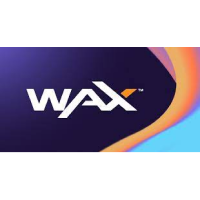
5. Worldwide Asset eXchange (WAX)
WAX has created a full suite of blockchain-based tools that allows anyone to trade digital or even physical items instantly and securely to anyone, anywhere. Participants of the Worldwide Asset eXchange gain access to a global community of collectors and traders, buyers and sellers, creators and gamers, merchants, dApp creators, and game developers.
$54-$85
51-200
2015
Grand Cayman
HSBC, Standard Chartered, Barclays

6. DMarket
DMarket is an in-game item, NFTs trading platform, and technology for building metaverses. DMarket is a gaming provider working on expanding the use of blockchain in gaming marketplaces and in-game purchases.
$20-$40
51-100
2017
California, USA
Binance, Kraken, Bitstamp
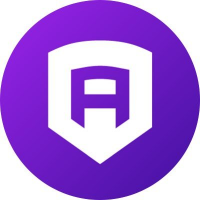
7. The Abyss
The Abyss is a digital distribution game platform and a one-space place for the best online multiplayer games with built-in solutions for all MMO/MMORPG fans. The Abyss provides special terms and conditions for gamers and developers by delivering multiple social and income-generating opportunities through blockchain-powered services.
$45-$63
51-200
2017
Birkirkara, Malta
Deutsche Bank, Commerzbank, Allianz
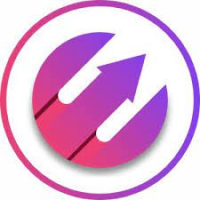
8. Enjinstarter
Enjinstarter is the premiere IDO & INO launchpad for gaming, metaverse & P2E projects. They are bringing together gamers, guilds, publishers, gaming studios, etc., to build a sustainable metaverse gaming & entertainment ecosystem. Their goal is to expand the crypto collectibles movement in scalable and user-friendly ways.
$120-$200
1-10
2021
Singapore
Apple, Microsoft, Intel
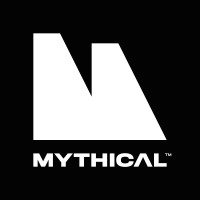
9. Mythical Games
Mythical is a next-generation game technology studio. Mythical Games believes that true ownership of digital assets, verifiable scarcity, and integrated secondary markets will spawn a new generation of games. Based on digital rights, these new economies will bring players, developers, and content creators closer to the games they love.
$75-$90
101-250
2018
California, USA
Zara, H&M
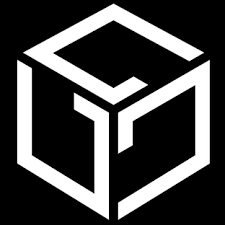
10. Gala Games
Gala Games stands at the forefront of blockchain gaming, empowering players and creators. By embracing the decentralized nature of blockchain technology, Gala Games creates an ecosystem where participants are rewarded for their engagement. With GALA tokens as the medium of exchange, players can explore unique gaming experiences, earn rewards, and shape the gaming industry’s future. Gala Games paves the way for a new era of player-owned economies and immersive gameplay possibilities.
$14-$54
11-50
2018
Wyoming, USA
Meta, Apple
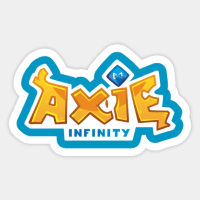
11. Axie Infinity
Axie Infinity is a groundbreaking blockchain game that revolutionizes the concept of play-to-earn. With its collection, breeding, and battling of digital creatures called Axies, Axie Infinity has captivated the gaming and NFT communities. Players can explore a vibrant metaverse, compete in strategic battles, and earn cryptocurrency rewards. Axie Infinity offers an immersive gameplay experience, fostering a passionate community and opening new opportunities for players to monetize their gaming skills.
$71-$85
11-50
2018
Vietnam
Netflix, Amazon
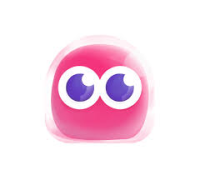
12. Dapper Lab
Dapper Labs uses the power of play to deliver blockchain-based experiences made for you and ready for the real world. The serious business of fun and games on the blockchain. No jargon or nonsense. Just good fun.
$45-$89
101-250
2018
Vancouver, Canada
Binance, Coinbase, Kraken
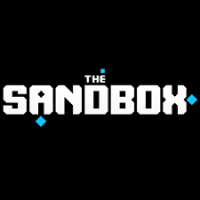
13. The Sandbox
The Sandbox is a user-generated gaming platform where creators can create assets and gaming experiences to monetize them on the Ethereum blockchain. Imagine Minecraft ft. Roblox on the blockchain. It features three main components: a Voxel editor software (Vox Edit), a Marketplace, and the Game Maker.
$100-$149
101-250
2011
California, USA
Netflix, Target, Slack

14. Lucid Sight Inc.
Lucid Sight has innovated on and explored new technologies across multiple platforms (iOS, Android, VR, Console, and PC), working with major IPs and brands. Lucid Sight has built over two dozen games, apps, and experiences using its cutting-edge multiplayer tech stack. These games include MLB Champions, CSC x Star Trek, and Justice League for PSVR. In 2021 Lucid Sight acquired Colyseus, a 6-year-old open-source multiplayer engine built on JavaScript. Colysues joins Lucid Sight’s existing technology stack to create Colyseus Arena, a cloud solution for democratizing multiplayer game development.
$45-$55
11-50
2015
Los Angeles, CA, USA
Alibaba, China Mobile
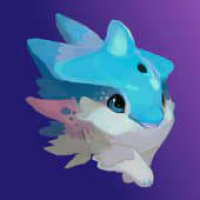
15. World of Ether
World of Ether is the world’s first decentralized game using Ethereum to buy and store collectible characters (Etherians) on the blockchain. The game allows players to breed feelings to create legendary monsters, buy Etherians in the marketplace, or battle other players over rare Etherian breeds. The blockchain traces each player’s moves on its transparent ledger to prevent cheating or hacking.
$20-$30
1-10
2017
New York, USA
Gemini, Bitstamp, Bitso
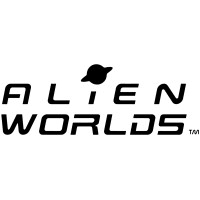
16. Alien Worlds
Alien Worlds is an NFT metaverse where players explore seven planets. Planets in Aliens World are like districts in real life. Each planet has its characteristics and is governed by different rules. Players can earn by mining assets, battling other explorers, and from rental commissions from the land they own.
$45-$65
51-200
2020
Zug, Switzerland
Trestle Labs, Nokia

17. Uplandme Inc.
Upland is a property trading game paired with a decentralized economy. Players buy, sell, trade, and develop virtual properties based on real-world addresses. Blockchain technology ensures true ownership. Uplanders collect in-game currency as a reward for their right and completion of Collections that group a predefined amount of properties.
$70-$80
51-200
2018
California, USA
TokenSoft, Ankr, TradeBlock

18. Sky Mavis
Sky Mavis develops blockchain-based games and products. Its first game, Axie Infinity, is a digital pet universe where players battle, raise, and trade cute creatures called Axies. Each Axie can possess 6 body parts. Each body part has its battle move, so combinations are infinite.
$70-$80
101-250
2019
Vietnam
Grayscale, Unchained Capital, BitPay

19. Sorare
Sorare offers a platform to buy, sell and play with official football Cryptogoods. Sorare’s goal is to create a digital environment where football enthusiasts may collect, trade, and interact innovatively with the beautiful game.
$150-$199
51-100
2018
Paris, France
Atari, Ethereum Classic, Ravencoin
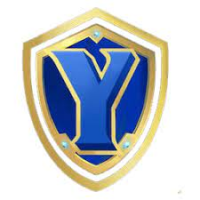
20. Yield Guild Games
Yield Guild Games is a play-to-earn gaming guild that brings players together to earn via blockchain-based economies. We are the settlers of new worlds in the Metaverse.
$147-$369
11-50
2020
Quezon City, Philippines
Siemens, Bosch, Daimler
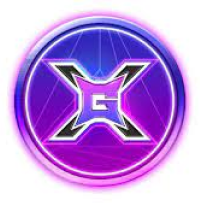
21. gDEX Metaverse
gDEX Metaverse is a revolutionary Web3 community gaming platform powering gamers, creators, and guilds in the Metaverse.
gDEX enables interoperability with a robust suite of Web3 chain agnostic tools that allow gamers, creators, and guilds to seamlessly manage all their Web3 gaming virtual assets, identity, activity, & experience from one platform across the metaverse.
$50-$65
11-50
2021
Singapore
European Space Agency, F. Iniciativas
22. Rage.Fan
Rage Fan is a platform offering Fantasy Sports and Quizzing games that require skill, knowledge, and interaction. Underpinned by blockchain technology, Rage. The fan will systematically solve players’ different issues, such as eliminating high entry, rake, and withdrawal fees, making operations completely transparent, and increasing the fan’s influence on the in-game decision-making.
$90-$130
11-50
2021
British Virgin Islands
Google, Facebook

23. Double Jump Tokyo Inc.
Double Jump Tokyo is Japan’s leading startup specializing in developing blockchain games. Their international team and group of engineers bring expertise in gaming, finance, blockchain technologies, and cryptocurrency. Double Jump Tokyo is the leader in Japan for cumulative NFT transaction volumes.
$78-$150
11-50
2018
Tokyo, Japan
Accenture, Deloitte, PwC
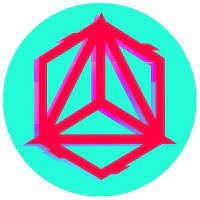
24. AnRKey X
AnRKey X is a multi-release DeFi game studio and all-in-one Play to Earn powering platform gamers and creators in the metaverse. We enable a community-owned and fully decentralized gaming economy making it easy for billions of gamers and creators worldwide to easily monetize their gameplay, participate in ownership & earn real money.
$100-$149
11-50
2020
Singapore
Google, Disney, Spotify

25. Playcent
Playcent is a blockchain-based user-generated content platform for interactive apps and games. It’s a remix tool that anyone can use to make interactive games, mini-apps, and memes based on the various templates created by independent developers.
$150-$199
2-10
2014
Hyderabad
Pepsi, CEAT
Closing Thoughts
Each name mentioned above has significantly contributed to the blockchain gaming industry. Integrating blockchain technology into the gaming industry has brought about higher transparency and security, proving extremely beneficial. Many of the top blockchain games have already showcased the advantages of this technology. The fullest potential of blockchain technology has yet to be utilized since it is evolving. However, it is expected that the utilization will be more and better in the future for the gaming industry’s further benefit.
SoluLab, a leading blockchain development company, has significantly contributed significantly to the gaming industry. As a reputable blockchain game development company, SoluLab offers innovative blockchain game development services that leverage decentralized technology’s power. Their commitment to seamless blockchain integration, high-quality graphics, engaging gameplay, and community building has positioned them as a trusted partner for blockchain-based gaming projects. With its focus on transparency, security, and scalability, SoluLab continues to drive the growth and advancement of the blockchain gaming industry.
FAQs
1. What is blockchain gaming?
Blockchain gaming refers to integrating blockchain technology into video games, enabling unique features such as decentralized asset ownership, secure transactions, and provable fairness.
2. How does blockchain technology enhance gaming?
Blockchain technology enhances gaming by providing transparent and immutable records of in-game transactions, enabling players to own and trade digital assets truly, and fostering trust among players through decentralized systems.
3. Are blockchain games only for cryptocurrency enthusiasts?
No, blockchain games are designed for cryptocurrency enthusiasts and traditional gamers. While blockchain technology powers these games, players can enjoy immersive gameplay and unique experiences regardless of their familiarity with cryptocurrencies.
4. Are blockchain games secure?
Yes, blockchain games are inherently secure due to the decentralized nature of blockchain technology. Transactions and ownership records are stored on a distributed ledger, making it extremely difficult for malicious actors to tamper with or manipulate game assets.
5. Can I earn real money by playing blockchain games?
Yes, playing blockchain games can offer opportunities to earn real money through various mechanisms, such as in-game item trading, play-to-earn models, and participating in decentralized finance (DeFi) features within the game ecosystem.
6. Do I need knowledge of blockchain technology to play blockchain games?
No, prior knowledge of blockchain technology is unnecessary to play blockchain games. Game interfaces are designed to be user-friendly, allowing players to enjoy the game mechanics without understanding the underlying technology.
7. Can I transfer my blockchain game assets between different games?
Interoperability between blockchain games is an emerging trend. While only some games offer this functionality, platforms, and protocols are being developed to enable the transfer and interoperability of game assets across different blockchain-based games.
Marketing Head
Bhavya is a marketing manager with deep expertise in Web3, blockchain, and emerging technologies. He helps brands navigate the decentralized future through innovative marketing strategies, growth-focused insights, and impactful storytelling that bridges cutting-edge tech with real-world adoption.


